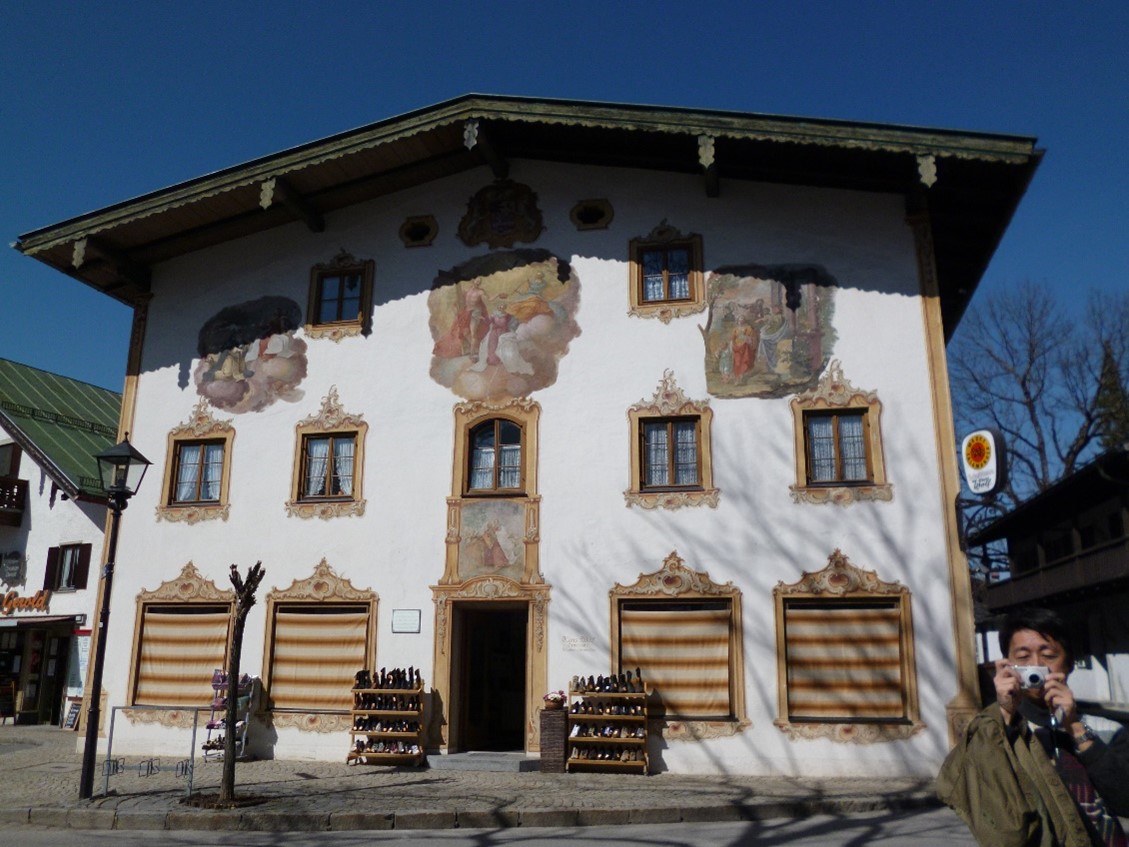Both of my parents are of Osaka origin. Though I brought up there only in short period time in my childhood, Osaka dialect (especially those spoken in Sakai City—in strict dialectological term Senshu(泉州) dialect) constitutes part of my mother tongue. But every time I make a trip to Osaka, I no longer hear “authentic” Kansai dialect so much on the streets or in the train, especially by young people. It is obviously replaced by quasi-standard Tokyo Language with some Kansai accent.
Another typical example may be Okinawa. Its original dialect is distinctively different from standard Japanese, even referred as a different language (maybe as distant as French and Italian). However, you will never notice that you are traveling Okinawa if you just listen to what local people speak there, for instance in Naha City. They all speak standard Japanese (of course they can be tourist or those moved from the mainland Japan)!
Such vanishing lingual vernacularity in Japan marks remarkable contrast with that in European countries: communication in English is not so easy in a restaurant in Glasgow. In Liverpool comprehending “Scouse” accent is a tough job. Likewise in Germany language sounds not at all the same between Hamburg and Munich. When you go to German speaking area of Switzerland such as Zurich, they use virtually another language called “schwyzerdütsch” that even native German speaker needs interpreter (Of course, people fluently use standard German or English at restaurants, shops and hotels there…don’t worry)
To my view as a Japanese, local dialect as well as its culture in European countries are well preserved, and people are proud of and happy about doing that. It appears dialect helps shaping foundation of identity, both regional and personal.
For those traveling European countries, please listen conversation of local people carefully, and feel the rich variety of differences between region by region.







